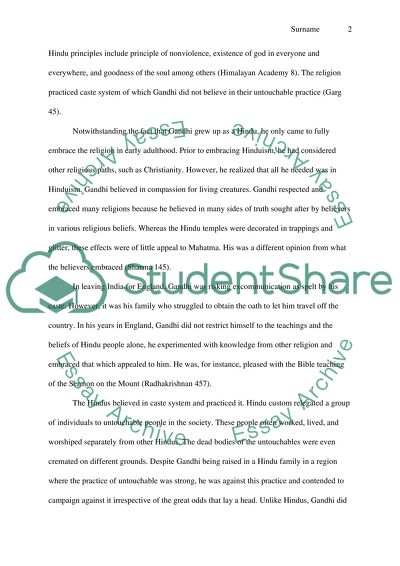Cite this document
(“Gandhi: Why would he be considered a liberal within the Hindu world Essay”, n.d.)
Gandhi: Why would he be considered a liberal within the Hindu world Essay. Retrieved from https://studentshare.org/religion-and-theology/1596858-gandhi-why-would-he-be-considered-a-liberal-within-the-hindu-world
Gandhi: Why would he be considered a liberal within the Hindu world Essay. Retrieved from https://studentshare.org/religion-and-theology/1596858-gandhi-why-would-he-be-considered-a-liberal-within-the-hindu-world
(Gandhi: Why Would He Be Considered a Liberal Within the Hindu World Essay)
Gandhi: Why Would He Be Considered a Liberal Within the Hindu World Essay. https://studentshare.org/religion-and-theology/1596858-gandhi-why-would-he-be-considered-a-liberal-within-the-hindu-world.
Gandhi: Why Would He Be Considered a Liberal Within the Hindu World Essay. https://studentshare.org/religion-and-theology/1596858-gandhi-why-would-he-be-considered-a-liberal-within-the-hindu-world.
“Gandhi: Why Would He Be Considered a Liberal Within the Hindu World Essay”, n.d. https://studentshare.org/religion-and-theology/1596858-gandhi-why-would-he-be-considered-a-liberal-within-the-hindu-world.


